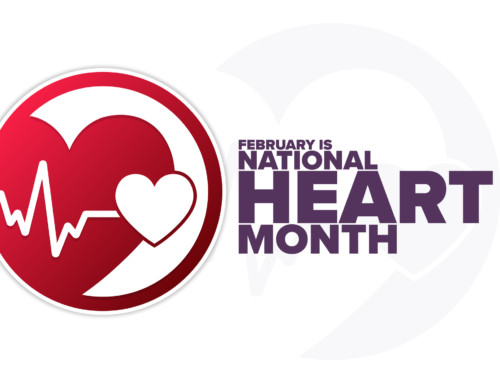 Although none of us want to think about what could happen in the case of serious illness or injury, it’s definitely something that should be top of mind – especially since, as of January 2018, 12.2 percent of American adults are completely without health insurance.
Although none of us want to think about what could happen in the case of serious illness or injury, it’s definitely something that should be top of mind – especially since, as of January 2018, 12.2 percent of American adults are completely without health insurance.
If you’re in that uninsured percentage, we urge you to consider finding a health insurance plan, given that insurance can help protect you in case of emergencies, as well as cover annual physicals and screenings to mitigate any preventable health situations. For example, skin cancer checks and breast cancer screenings can be invaluable when it comes to early detection. In addition, Having appropriate health coverage is key to making sure that you won’t be caught unaware by a lengthy hospital bill or medication fees!
We understand that with so many different health insurance plans to choose from, shopping for the one that’s the best fit might be a challenge. We’re going to break down the four most common plans in hopes you can more easily decide what works for you:
Health Maintenance Organization (HMO)
HMOs are a good solution if you want lower expenses; however, if you’re looking for more flexibility in choosing your doctor, you might be out of luck. On an HMO plan, you could be required to choose a primary care physician out of the HMO’s network who will then be responsible for your medical needs, including giving you referrals to specialists if needed — and you’ll need to pay in full if you see a doctor or specialist outside of the HMO’s network, which can definitely be costly.
The upsides: HMO premiums are relatively low, you’ll have a minimal co-payment, and less paperwork (no claim forms!). An HMO plan is an especially wise pick if you live in a larger city, because the HMO’s network of physicians that can cover your needs will be much wider.
Preferred Provider Organization (PPO)
A PPO plan is a good counterpoint to an HMO plan in a lot of ways. Unlike HMOs, you’ll have more freedom to choose which doctors you want to see from a larger network (and you don’t necessarily need a referral from your physician to go to a specialist), but there are higher costs involved – and more paperwork – if you see a doctor outside of the PPO’s network.
Speaking of high costs, the PPO is an expensive plan, with some costing over $1,000 per month. Plus, there can be additional charges, such as co-pays per doctor visit and co-insurance, as well as higher deductibles. PPOs are a better choice for someone who wants more freedom and ease of coverage, and who doesn’t mind paying for the convenience.
Point-of-Service Plan (POS)
POS plans are a hybrid of both HMOs and PPOs, in that they offer a little bit of both. You’ve got the extended freedom to choose a doctor out of a network, like a PPO, along with the minimal paperwork of an HMO. But like an HMO, the network of doctors is going to be a lot smaller, and particularly so if you’re not in a large urban center.
With a POS plan, you can still go to an out-of-network doctor and pay a bit more, but co-pays and co-insurance fees will cost more as well (also, deductibles are higher, especially out-of-network). A POS is a smart option if you need flexibility in your health care coverage, but not too much – you’ll need to be fine generally staying within their network of doctors.
Exclusive Provider Organization (EPO)
EPOs are very similar to HMOs, as both plans have a specific network of physicians that you can choose from; otherwise, your costs will not be covered. The primary care physicians in the EPO network are still able to refer you to specialists as needed – of course, ones that are within the same network, except in case of emergency – but you are responsible for a co-payment and a deductible on the services you need. However, these fees are a bit lower than other plans, which means that an EPO is a solution for those who don’t require extensive or specific services to meet their needs.
Get the Coverage That Works For You
Choosing the right health insurance can seem complicated on the surface, but as you can see above, it really comes down to figuring out just how involved your required services may be, and if you’re going to be utilizing certain specialists or doctors located outside of your immediate network. Beyond that, you’ll need to identify what’s in your budget for additional fees and deductibles.
In general, health insurance is definitely worth the cost, especially given the alternatives if disaster strikes and you are uninsured.
No matter what type of health insurance you choose, there are providers waiting to see you at Tri-City Medical Center, so make an appointment with us today and put your health coverage to work for you.





